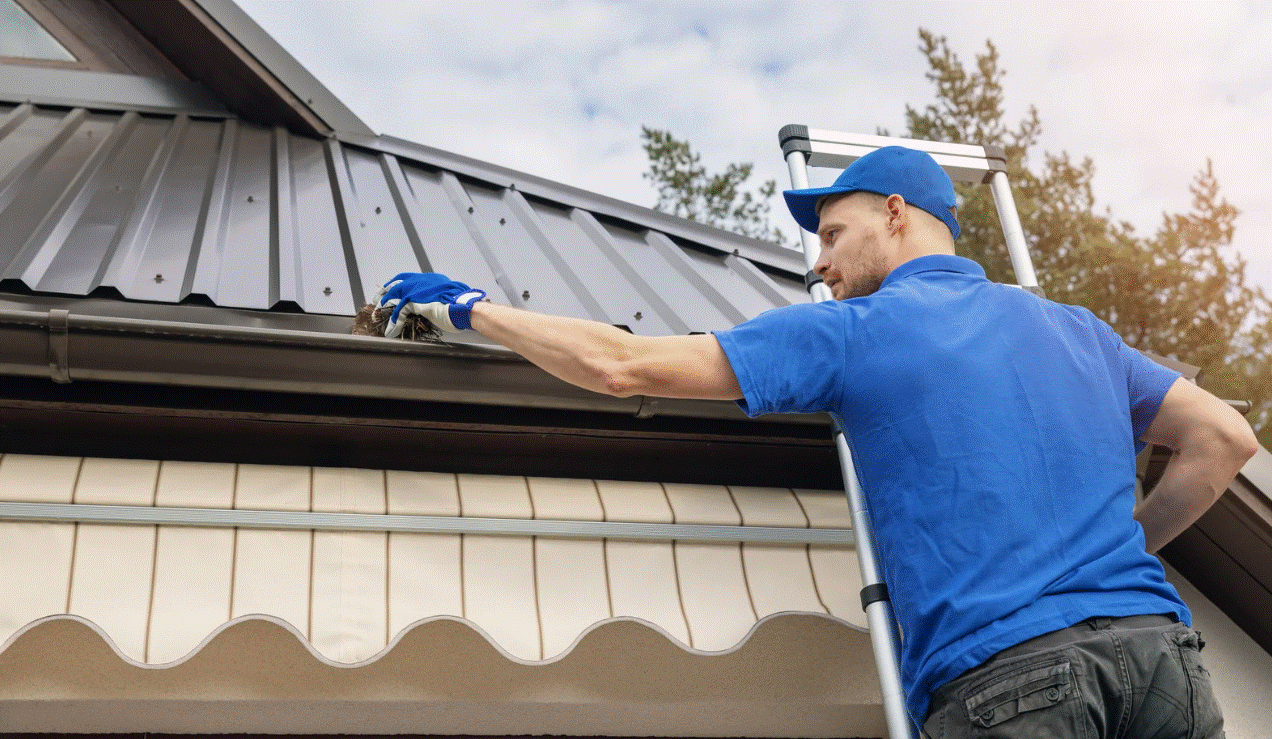Your first spring in your new home is an exciting time as trees begin to bud and flowers bloom. Getting used to seasonal maintenance for this house may take a bit of work. You should be attentive to details, such as where leaves collect or how things wear down due to harsh weather conditions. Following a checklist can ensure you catch crucial repairs and keep your home looking fresh and ready for warmer weather.
Clear Out Old Brush and Trim Plants
You should know when to clear out old, dead branches and that trimming varies by plant type. As a rule of thumb, dormant plants should be cleaned up in late winter, either February or March. Spring blooming flowered trees and shrubs should have old branches trimmed when new buds appear but before the plant is in full bloom.
Check Windows and Doors
Milder temperatures give homeowners an opportunity to check windows and doors and seal up any leaks before warmer weather hits. While ensuring a window operates properly has minimal impact on home value, it makes living in a house more pleasant. On the next sunny, breezy day, you can throw open the windows and let fresh air breeze through the rooms.
Clean Awning and Overhangs
Adding awning and home trim typically requires the help of professionals and can be costly. You want it to last as long as possible. Keeping it clean and checking for debris helps extend the life of your exterior features.
Fabric awnings are more susceptible to damage from storms and sun. Clean cautiously with products made especially for the materials your structure is made from. Overhangs may need to be scrubbed with a good exterior cleaner or pressure washed by a profession to avoid damaging the exterior.
Inspect the Outside
Keeping the outside of your dwelling well-maintained helps maintain a home’s value. Each spring, walk the perimeter of your house and check for damage. Look at gutters to check for leaves and debris. Seal any cracks in the sidewalks from expansion and contraction during weather shifts.
If the outside of your home has paint, check for any chips or flaking. Scrape and touch up any exposed areas to prevent damage. You should also check your roof for leaks inside and outside the home. Look for wet spots, cracks and other signs of leakage.
Check the chimney and make sure the joints between the bricks are intact. Seal any wear and tear to keep your home secure.
Caulk Repair
Damaged caulk may lead to water damage and mold if you don't clean and replace it regularly. Spring is an excellent time to inspect your indoor caulking and see what needs repair. Start by removing any damaged pieces and cleaning the area with chemicals meant to kill mild mold and mildew.
Run a medium bead of caulking in the color of your choice in the area. Smooth and allow it to dry. Inspect a final time to ensure water stays out of cracks and crevices. Entryways, bathrooms and kitchens are particularly prone to issues.
Schedule HVAC Maintenance
Your heating and cooling system gets the biggest workout in the winter and summer. Spring and fall are good times to schedule maintenance and check for issues before you’re into the harsher weather months.
Replace filters monthly unless your heating and cooling specialist advises otherwise. You’ll also have a better idea of when the entire unit needs to be replaced and can plan ahead.
Check Your Attic and Foundation
Look up and down for maintenance. Check the attic for signs of critters taking up residence or insects, such as termites, attacking.
Inspect the foundation and look for issues such as water sitting up against it, cracks, settling or other potential problems. Some things can be fixed easily before they become major issues.
Preserve Home Value
Home values fluctuate based on outside factors, such as market conditions and interest rates. However, keeping things in excellent condition ensures the structure maintains its physical worth. You’ll also reduce operating costs and avoid expensive repairs. Maintaining a new home can seem overwhelming. Take each item on your checklist and work through them a little at a time.





